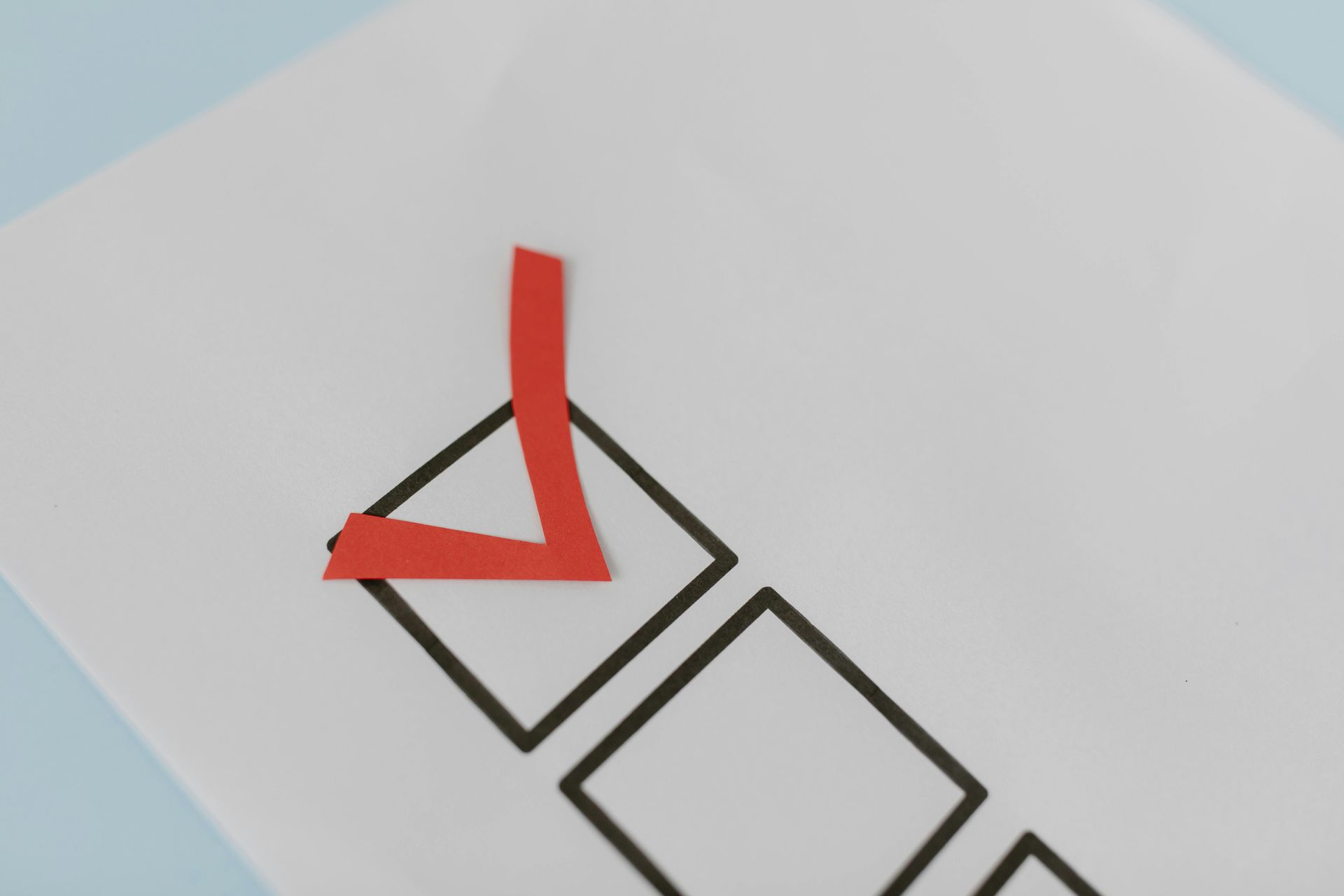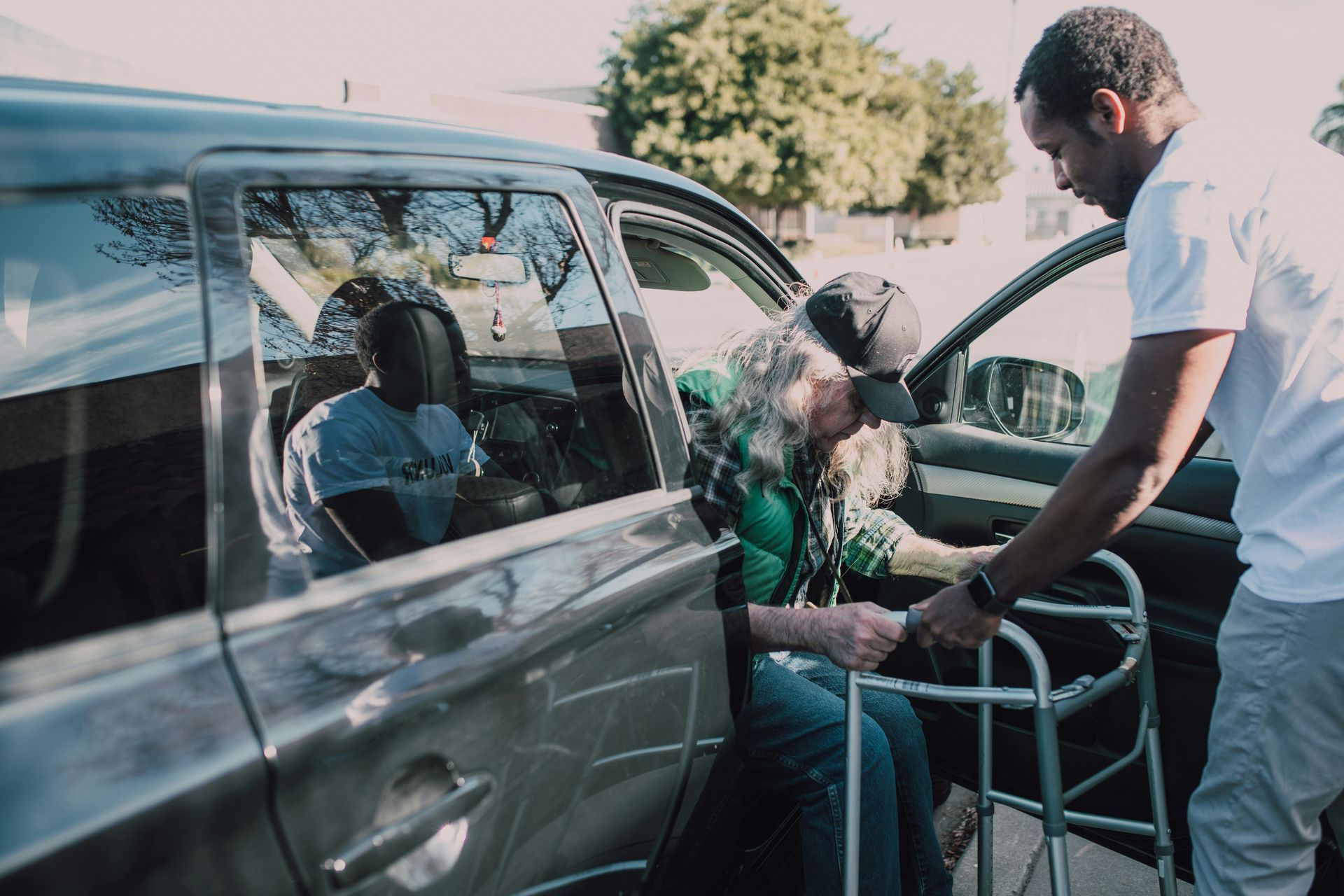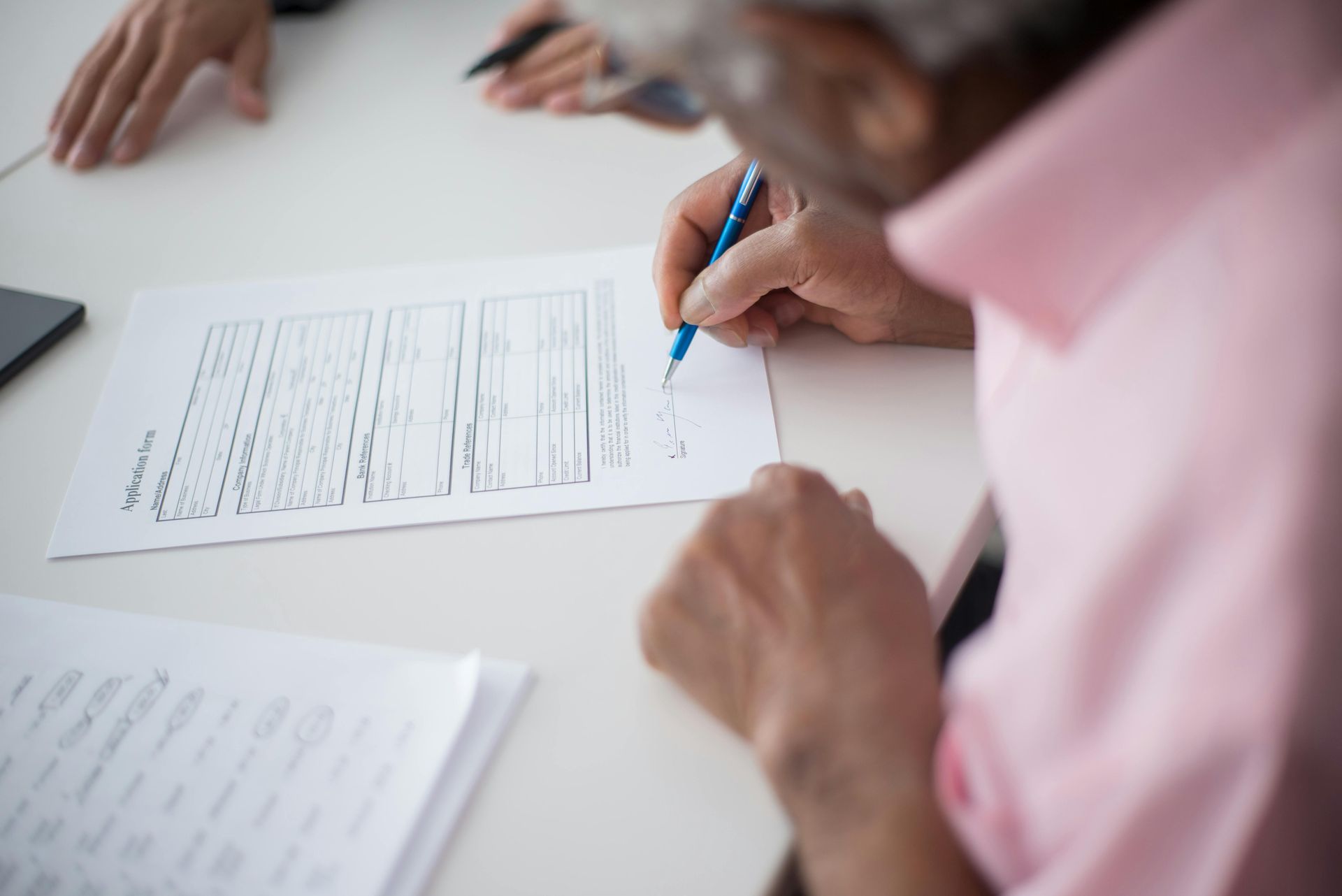Can You Get Disability for Anxiety or Long COVID? What the SSA Really Looks For in 2025
The Hidden Disabilities That Are Rising in 2025

In today’s fast-paced world, not all disabilities are visible. Mental health struggles like anxiety and long COVID symptoms are keeping millions out of work—but what happens when you can’t earn a living because of these conditions?
Many Americans ask us: Can I qualify for Social Security Disability Insurance (SSDI) for anxiety or long COVID?
The short answer? Yes—but only if your case is built the right way.
Let’s dive into what the Social Security Administration (SSA) is actually looking for in these increasingly common claims.
1. Why Anxiety and Long COVID Claims Are Rising
The pandemic has reshaped the workforce. People are leaving jobs not just because of layoffs—but because of debilitating fatigue, brain fog, or panic attacks that make it impossible to function day-to-day.
At the same time, remote work and the gig economy (Uber, DoorDash, freelance work) have made it harder for people to prove “traditional employment.” This is a real problem for many people applying for disability in 2025.
2. What You Need to Prove to Win SSDI for Anxiety or Long COVID
Social Security doesn’t approve claims just because you’ve been diagnosed. Instead, they want to see:
- Documented, ongoing treatment: Consistent doctor visits and follow-up care.
- Functional limitations: How your condition affects your ability to concentrate, show up regularly, follow instructions, or interact with others.
- Objective evidence: Test results, lab work, or documented treatment plans help.
- Work history and income: Even gig work can count—but your earnings must fall under SSA’s limits.
3. What Claimants Often Get Wrong
One of the biggest mistakes we see?
Filing without strong documentation.
SSA won’t approve you just because your doctor writes, “This person can’t work.” They need specific details: how long you’ve had the condition, how it limits you, and what treatments you’ve tried.
You also need to make sure you meet the technical requirements—like work credits and income levels—which many first-time filers overlook.
4. Tips to Improve Your Chances of Approval
✅ Track your symptoms:
Keep a daily journal of how your condition affects your life.
✅ Follow through with all medical appointments:
Gaps in care raise red flags.
✅ Be honest and specific:
Don’t exaggerate—but don’t minimize either.
✅ Work with someone who knows the system:
A disability lawyer can improve your odds drastically.
What Happens if You’re Denied?
Most SSDI claims are denied the first time—even good ones.
If you’re denied, don’t panic. You can appeal the decision, and many people win at the hearing level with the right help.
Final Thoughts
Whether you’re battling anxiety, depression, long COVID, or another invisible illness, you’re not alone—and you’re not powerless.
Getting SSDI isn’t about gaming the system. It’s about proving that you genuinely can’t sustain full-time work because of a severe condition—and you deserve support.
Want help figuring out if you qualify?
Take our free SSDI evaluation tool or speak with our team today. You could be just one conversation away from the benefits you’ve earned.










